Whooping cough is a bacterial respiratory infection. Coughing fits in younger children can lead to major respiratory discomfort and sometimes asphyxia and death. It is more contagious than chickenpox and as much as measles. Its transmission occurs mainly within the family or in communities through contact with a sick person with a cough.
Vaccination, the only means of protection against whooping cough
Although infants under 6 months of age are most exposed to complications and serious forms of the disease and a risk of death, the elderly and certain immunocompromised people are also among those potentially at risk of serious forms and/or complicated.
Thus the whooping cough vaccination policy is based on 3 complementary strategies:
- Early and compulsory primary vaccination of infants from the age of 2 months and the administration of iterative boosters recommended until adulthood;
- Vaccination of pregnant women from the second trimester of pregnancy;
- In the absence of vaccination of the mother during pregnancy, vaccination of people likely to be in close contact with the infant during its first 6 months of life (so-called strategy of cocooning).
Furthermore, vaccination is also recommended for the following populations:
- People identified at risk of developing a serious form, including immunocompromised people or people suffering from a chronic respiratory disease (asthma, chronic obstructive pulmonary disease, etc.),
- Healthcare professionals are also targeted by these recommendations:
- Care professionals as a whole, including in accommodation establishments for dependent elderly people (EHPAD);
- People working in close and repeated contact with infants aged less than 6 months (maternity, neonatal and pediatric departments) should be vaccinated as a priority;
- Medical and paramedical students;
- Early childhood professionals including childminders;
- People who regularly babysit.
Wearing a mask, an effective barrier
Among effective barrier measures, wearing a mask is strongly recommended for people with symptoms of a respiratory tract infection (cold, sore throat, cough, fever), whatever the cause. Indeed, it constitutes individual protection against infection and the risk of developing a serious form, also collective protection, making it possible to reduce the risk of spread within the population and infection of people. risk of serious forms. For example, infants too young to be vaccinated (under 2 months) are most affected by severe forms.
Healthcare professionals, remember to report whooping cough
Whooping cough is not a notifiable disease but cases must be reported to the Île-de-France Regional Health Agency in two specific situations:
- As part of the reporting of nosocomial infections (healthcare-associated infection is an infection contracted during a stay in a health care establishment);
- When clustered cases occur (from 2 cases) whether they are within families or in communities.






